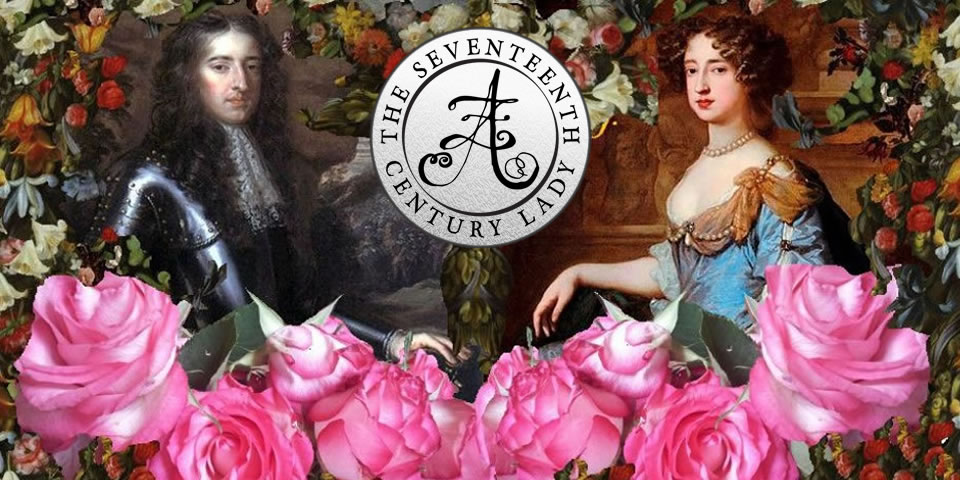Tulip Fever is a 2017 film and based on Deborah Moggach’s book of the same name. Directed by Justin Chadwick, the film stars Alicia Vikander, Dane DeHaan, Christoph Waltz, Holliday Grainger, and Judi Dench.

In 17th Century Amsterdam, an orphaned girl Sophia (Alicia Vikander) is forcibly married to a rich and powerful merchant Cornelis Sandvoort (Christoph Waltz) – an unhappy “arrangement” that saves her from poverty. After her husband commissions a portrait, she begins a passionate affair with the painter Jan Van Loos (Dane DeHaan), a struggling young artist. Seeking to escape the merchant’s ever-reaching grasp, the lovers risk everything and enter the frenzied tulip bulb market, with the hope that the right bulb will make a fortune and buy their freedom.
I think I would have loved this film more had I not read the book first, for I couldn’t stop comparing the two throughout. Despite the fact that the screenplay was written by Deborah Moggach and Tom Stoppard, the beginning of the film is not how the book begins and there are aspects – and characters – which were not in the book at all. Case in point, Judi Dench’s superfluous character. She’s quite an important figure in the film but didn’t feature in the book (or rather, I can’t remember such a character at all). As a result, I found her character somewhat annoying and this wasn’t the only strange casting decision.
Alicia Vikander is a talented and beautiful actress, and I remember her from the heartbreaking A Royal Affair, and she does the role of Sophia well here but something was a little off, a tad wooden perhaps. Holliday Grainger, who is perhaps best known for her memorable portrayal of Lucrezia Borgia in The Borgias made a perfect Maria, the maid and narrator of the film – and I think she really stole the scenes she was in. From the first time I heard that Christoph Waltz had been cast as Cornelis Sandvoort, I had misgivings and, sure enough, I found him too kooky. Sandvoort is a good, respectable, older man in the book who genuinely loves his wife and I wish more was made of this in the film.
Dane DeHaan, who has a striking appearance, just seemed too baby-faced as Jan Van Loos and I couldn’t take him seriously as the romantic lead. I think, unfortunately, the longer hair he has at the end of the film was much more suitable for him and for the time period than the short style he had throughout the bulk of the film. Next, much too much was made of Cara Delevingne’s role, for although this character had an important part in the book, it was brief – but we saw Delevingne time and again. Also, much was publicised at the time of release about Cressida Bonas being in the film, but she was only in a couple of scenes and barely had any lines – which I found rather disappointing. Jack O’Connell, however, played Willem Brok to perfection and his chemistry with Grainger was believable.

And so, putting some odd casting decisions aside, the film largely worked for me anyway – mainly because of the cinematography, the costumes, and the realistic depiction of life in seventeenth-century Amsterdam (this really impressed me). The whole film was visually stunning – the colours and lighting were fantastic. Danny Elfman’s soundtrack was beautiful – although I wish there’d been a nod to the wonderful Dutch music of the early seventeenth century.
TSCL rating: 3.5
